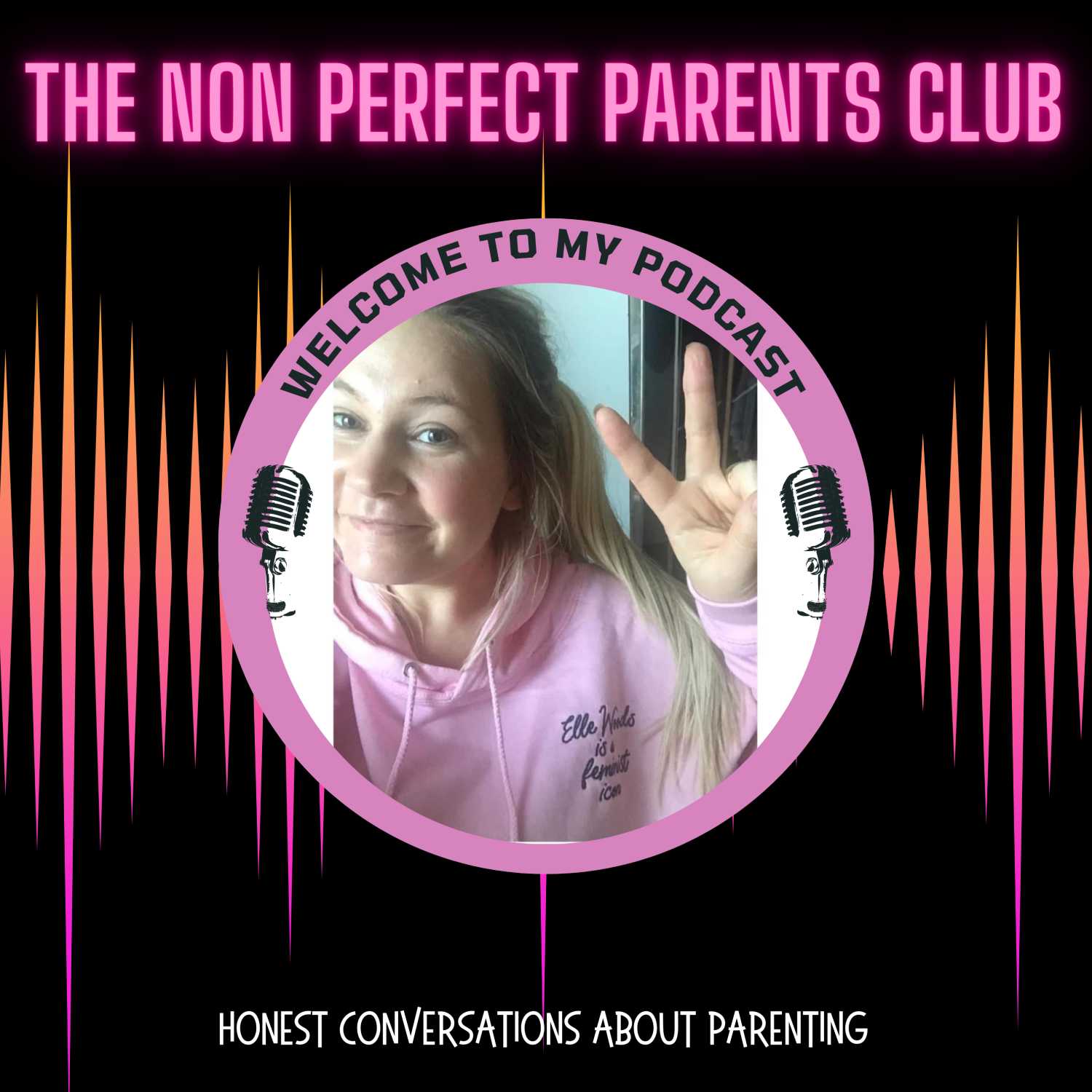- After-Shows
- Alternative
- Animals
- Animation
- Arts
- Astronomy
- Automotive
- Aviation
- Baseball
- Basketball
- Beauty
- Books
- Buddhism
- Business
- Careers
- Chemistry
- Christianity
- Climate
- Comedy
- Commentary
- Courses
- Crafts
- Cricket
- Cryptocurrency
- Culture
- Daily
- Design
- Documentary
- Drama
- Earth
- Education
- Entertainment
- Entrepreneurship
- Family
- Fantasy
- Fashion
- Fiction
- Film
- Fitness
- Food
- Football
- Games
- Garden
- Golf
- Government
- Health
- Hinduism
- History
- Hobbies
- Hockey
- Home
- How-To
- Improv
- Interviews
- Investing
- Islam
- Journals
- Judaism
- Kids
- Language
- Learning
- Leisure
- Life
- Management
- Manga
- Marketing
- Mathematics
- Medicine
- Mental
- Music
- Natural
- Nature
- News
- Non-Profit
- Nutrition
- Parenting
- Performing
- Personal
- Pets
- Philosophy
- Physics
- Places
- Politics
- Relationships
- Religion
- Reviews
- Role-Playing
- Rugby
- Running
- Science
- Self-Improvement
- Sexuality
- Soccer
- Social
- Society
- Spirituality
- Sports
- Stand-Up
- Stories
- Swimming
- TV
- Tabletop
- Technology
- Tennis
- Travel
- True Crime
- Episode-Games
- Visual
- Volleyball
- Weather
- Wilderness
- Wrestling
- Other
The Non Perfect Parents Club: Children can form money habits as early as 7 years old
In this episode I am joined by Emma from the Instagram page Pounds and Piggybanks as we chat about how to talk to our children about money. Emma noticed that no-one is teaching our children about money- the curriculum teaches the bear minimum- and is aiming to bridge that gap. She notes that children can form money habits as early as age 7 so it's a good idea to start conversations early- although all is not lost if you haven't yet done that.Emma tells us that a big part of the conversation and a good place to start is understanding our children's knowledge when it comes to money. Ask them; what is money? Why do we have it? What to do with it? And quite possibly an interesting question, what do adults spend their money on?! We also talk about money mindset and why it's important to talk positively about money, and the psychology behind a negative money mindset. Which made me think about the things I say and that I need to reframe some of them and flip the narrative. Emma talks about finding fun ways as a parent to bring the concept of money to life and why age appropriate conversations about money are important to have, as can be having a family plan. To do these it doesn't matter how much or how little money you have. I love the idea of getting older children involved in researching something like a family day out or searching for something that's the most cost effective. All too often we take the responsibility, how many conversations can we open up and skills can we encourage by inviting them in! Emma's page is FULL of fantastic information, you can find her here: Emma Webb | Financial Literacy for Families (@poundsandpiggybanks) • Instagram photos and videosThis link has different approved resources and gives an age range suitability: https://www.fincap.org.uk/en/a....rticles/find-financi Statistics show that 25% of working families had less than £100 in savings, and 50% of working age adults didn’t feel confident in managing money. 75% of pupils in school wanted to learn more about money (rising to 85% of 16-18 year olds) and research suggests 3.5m children in the UK aren’t receiving a satisfactory financial education.

